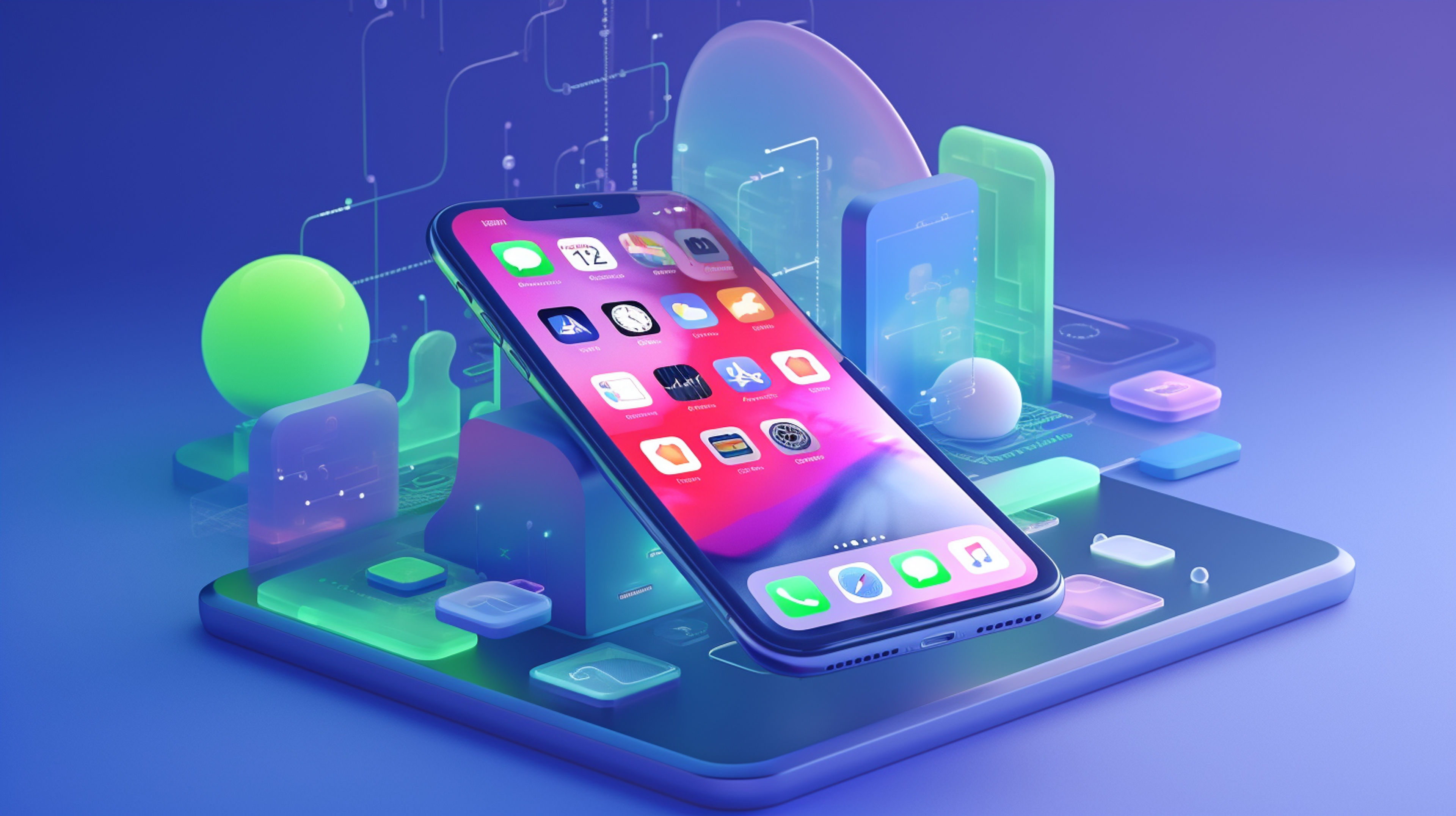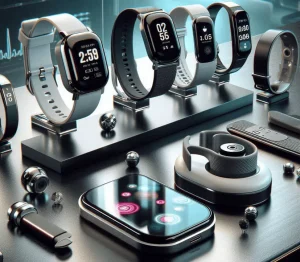Table of Contents
iOS App Development In the bustling world of mobile technology, developing a successful app requires more than just a brilliant idea. iOS App Development is a meticulous process that involves strategic planning, technical expertise, and a keen understanding of user needs. Whether you’re a seasoned developer or a newcomer to the iOS ecosystem, there are certain tips and practices that can significantly enhance your chances of success. Let’s delve into these essential tips for achieving excellence in iOS App Development.

1. Define a Clear Purpose and Target Audience
Before diving into the technical aspects, it’s crucial to define the purpose of your app and identify your target audience. Ask yourself what problem your app will solve or what value it will provide to users. Understanding your audience’s needs, preferences, and pain points will guide your development process and help you create a product that resonates with users.
Tips:
- Conduct market research to identify your target demographic.
- Create user personas to visualize your ideal users.
- Define clear goals and objectives for your app.
2. Plan Your App’s Structure and Features
A well-thought-out plan is the foundation of successful iOS App Development. Outline your app’s core features and functionality, and create a detailed project roadmap. This planning phase should include wireframes and prototypes to visualize the app’s layout and user flow.
Tips:
- Use wireframing tools like Sketch or Figma to design your app’s interface.
- Prioritize features based on user needs and business goals.
- Develop a minimum viable product (MVP) to test your concept early.
3. Choose the Right Development Tools and Technologies
Selecting the appropriate tools and technologies is crucial for efficient and effective iOS App Development. Apple provides a robust set of tools and frameworks that can streamline your development process.
Tips:
- Use Xcode as your integrated development environment (IDE).
- Leverage Swift, Apple’s powerful and intuitive programming language.
- Utilize frameworks like UIKit for building user interfaces and CoreData for data management.
4. Focus on User Experience (UX) Design
An exceptional user experience is vital for the success of any app. Your app should be intuitive, easy to navigate, and visually appealing. Pay attention to the details of your UX design to ensure that users have a seamless and enjoyable experience.
Tips:
- Follow Apple’s Human Interface Guidelines (HIG) for design principles.
- Conduct usability testing to gather feedback and make improvements.
- Ensure consistent and responsive design across different devices.
5. Optimize Performance and Efficiency
Performance is a critical factor that can make or break your app’s success. Users expect fast and responsive apps, so optimizing performance should be a top priority during the development process.
Tips:
- Minimize app load times and ensure smooth transitions.
- Optimize memory usage and manage resources efficiently.
- Regularly test your app’s performance under different conditions.
6. Implement Robust Security Measures
Security is paramount in iOS App Development. Protecting user data and ensuring privacy should be integral aspects of your development strategy. Implement robust security measures to safeguard against potential threats and vulnerabilities.
Tips:
- Use encryption to protect sensitive data.
- Implement authentication mechanisms like Face ID or Touch ID.
- Regularly update your app to address security vulnerabilities.
7. Integrate Analytics and Feedback Mechanisms
To continually improve your app, it’s essential to gather and analyze user data. Integrate analytics tools to track user behavior and app performance. Additionally, provide mechanisms for users to give feedback directly through the app.
Tips:
- Use analytics platforms like Firebase or Google Analytics.
- Monitor key metrics such as user retention, engagement, and crash reports.
- Encourage user reviews and ratings on the App Store.
8. Test Rigorously Across Devices
Testing is a critical phase in iOS App Development. Thoroughly test your app on different devices and iOS versions to ensure compatibility and functionality. Address any bugs or issues before launching your app.
Tips:
- Use XCTest for unit testing and UI testing.
- Test your app on real devices as well as simulators.
- Conduct beta testing with a group of real users to gather feedback.
9. Prepare for App Store Submission
Submitting your app to the App Store involves several steps and guidelines. Prepare your app’s metadata, including its title, description, keywords, and screenshots. Ensure that your app complies with Apple’s App Store Review Guidelines to avoid rejections.
Tips:
- Create a compelling app icon and promotional assets.
- Write a clear and concise app description highlighting its features and benefits.
- Follow Apple’s guidelines for app submission and review.
10. Plan for Post-Launch Support and Updates
The launch of your app is just the beginning. Continuous support and regular updates are essential for maintaining user satisfaction and staying relevant in the competitive app market. Plan for ongoing maintenance, feature enhancements, and bug fixes.
Tips:
- Monitor user feedback and reviews to identify areas for improvement.
- Release regular updates to fix bugs and add new features.
- Engage with your user community through social media and support channels.
iOS App Development
Achieving success in iOS App Development requires a strategic approach, technical proficiency, and a deep understanding of user needs. By following these essential tips, you can create high-quality, user-friendly apps that stand out in the crowded App Store. From planning and design to development, testing, and post-launch support, each phase of the development process plays a crucial role in delivering an exceptional app experience. Embrace these best practices and embark on your journey to create impactful and successful iOS apps.





More Stories
Elevate Your Efficiency: Streamlining Processes with IBM IoT Technology
Maximize Efficiency: How Private Cellular Networks Transform Operations
How to Learn Android App Development and Innovate